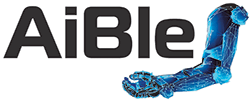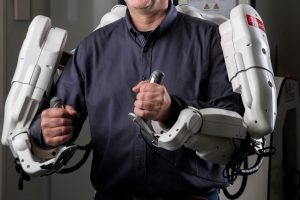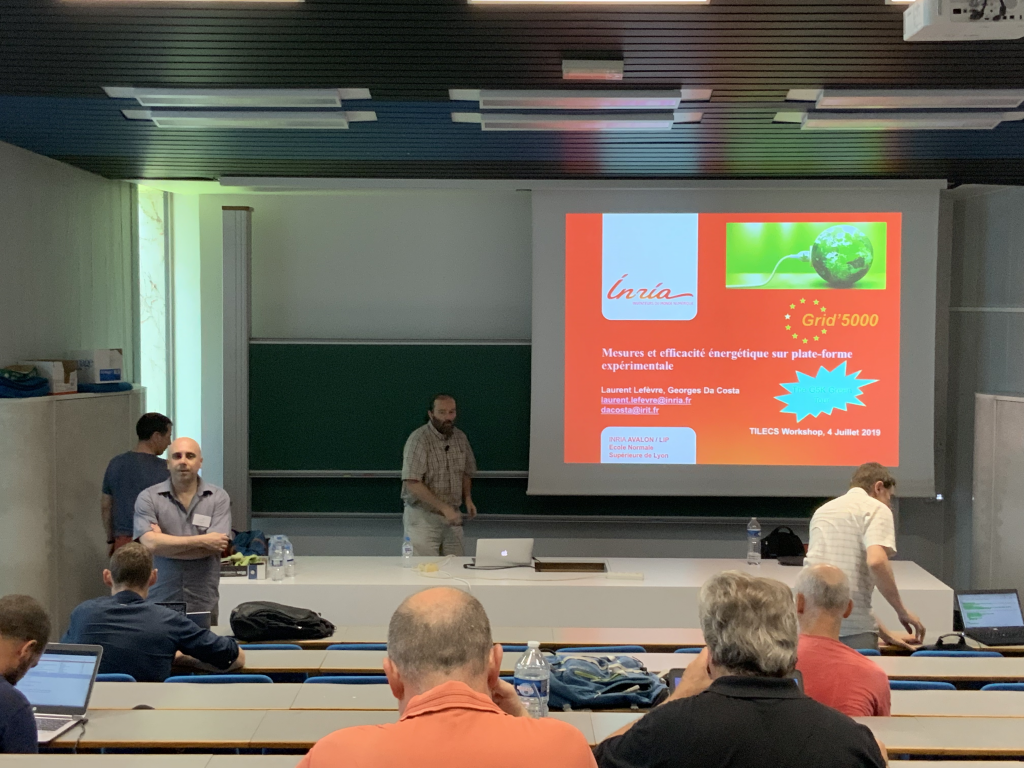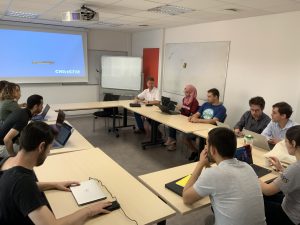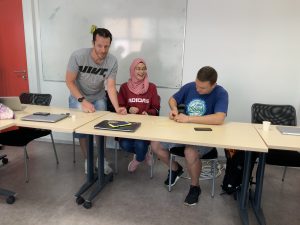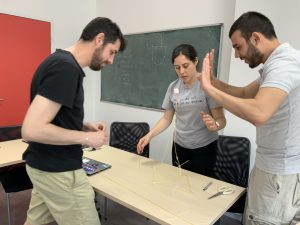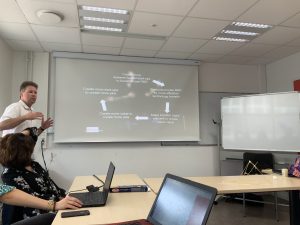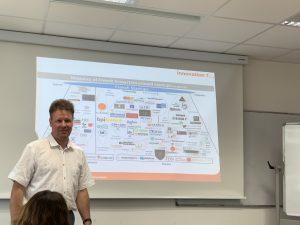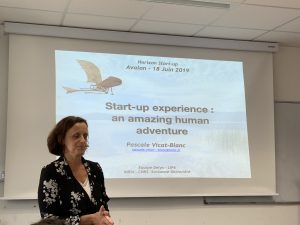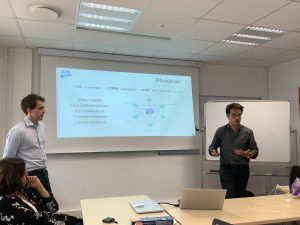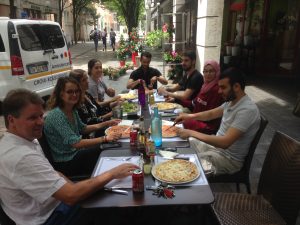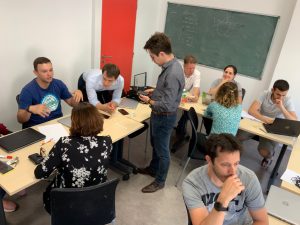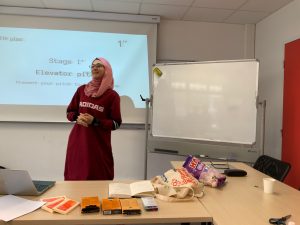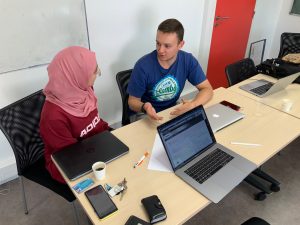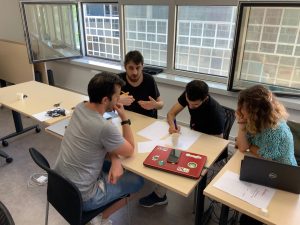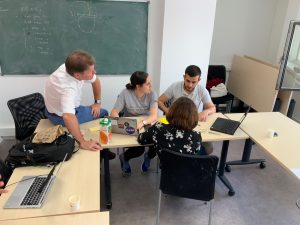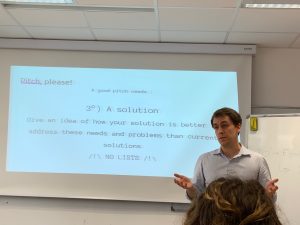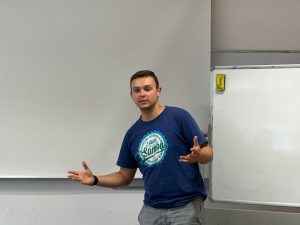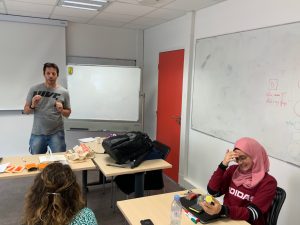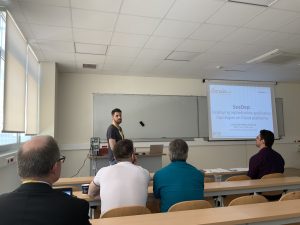Après-midi du 1 juillet. Demi journée du thème Informatique distribuée et calcul haute performance (IDCHP) de la Fédération Informatique de Lyon
Le 1er juillet en virtuel. Informations de connexion vous serons communiqué à partir de votre mail d’inscription.
Informations disponibles également ici:https://perso.liris.cnrs.fr/xavier.urbain/idchp/
Séminaire IDCHP et…
Les demi-journées « IDCHP et… » mêlent exposés au cœur du thème et ouvertures à d’autres communautés.
Les exposés visent en général un public large et, si possible, jeune : la présentation des problématiques d’IDCHP va en effet de pair avec l’effort de formation et la motivation des vocations : la transmission d’une culture qui situe les compétences et offre les opportunités de collaboration. C’est l’ambition du thème.
Séminaire IDCHP et énergie
Après-midi du jeudi 1er juillet 2021
L’inscription est gratuite mais obligatoire sur le formulaire accessible ici
Les informations de connexion pour les exposés et discussions seront transmises aux inscrits.
Gilles Sassatelli (LIRMM)
Compute systems: architectures, infrastructures and energy efficiency
Anne-Cécile Orgerie (IRISA)
Comprendre et réduire la consommation énergétique des systèmes distribués

Pour toutes questions merci de contacter Xavier Urbain et/ou Eddy Caron.


